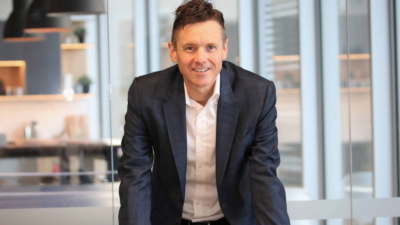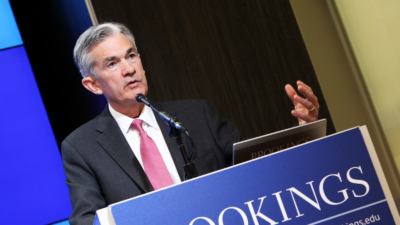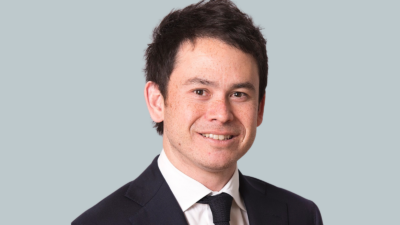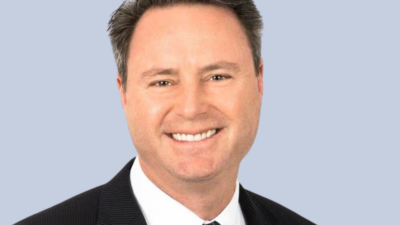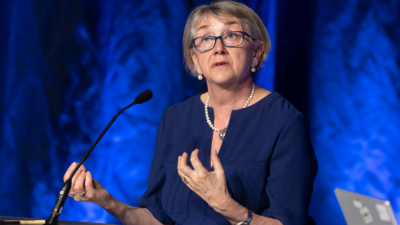A new review will address some of the unintended consequences of Your Future Your Super. But while super funds are no doubt holding out for a hero, there’s probably no perfect performance test.
Cracks are showing in the old way of doing things. Being able to make money in a sideways market – and do it without equities – will now be the great differentiator.
As a world of woe continues to roil markets, Australia’s top alternative investment managers gathered to celebrate their gains and raise money for a good cause.
The level of alpha that hedge funds generated in the age of quantitative easing was “lackluster”, but rising market volatility now offer “a richer opportunity set for skilled managers.”
An uncertain market outlook beggars a fundamental rethink of investment strategy. But institutional investors are sticking with what worked in the past, even when they know it won’t work in the future.
As rates rise and the money fuelled tech bubble pops, private companies – and their investors – are buckling down. The hard question, for which there is no good answer, is about what happens next.
“Most of the new capital that’s come into the markets… has been chasing fads,” says David Chan, portfolio manager at MLC Private Equity. “The latest hot opportunity, whether it be an unprofitable tech company that’s growing very rapidly, or a very large scale buyout that’s the headline of tomorrow’s AFR.”
As funds exit regulatory deadlock and a generation of superannuants enter the retirement phase, super will need a new wave of thinkers to argue some of its toughest debates.
It’s big super’s “once in a lifetime opportunity” to build the future. But as funds look to invest in nation-building in Australia and the Pacific, they’ll want the government to share some of the risk.
The prudential regulator’s superannuation czar says it has no view on whether smaller funds can survive – but that funds must continue to innovate to avoid becoming “footnotes in financial history”.


